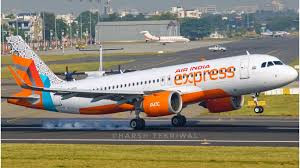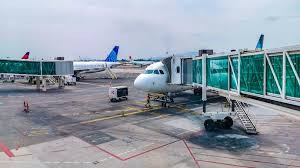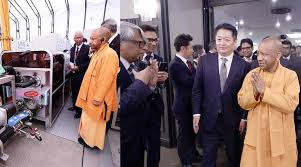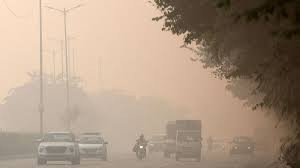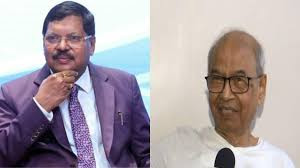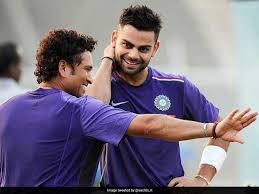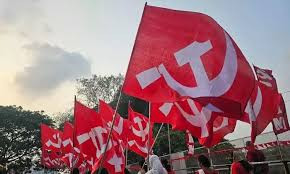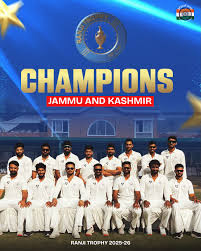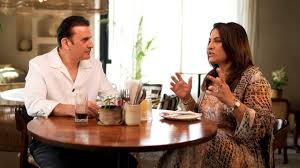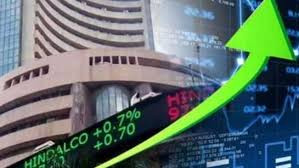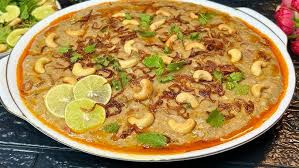“Trump Feels ‘Cheated’ by India Over Ceasefire Claim: US Expert Ashley Tellis Amid 50% Tariffs”
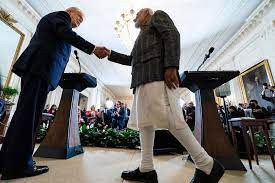
This friction is unfolding against the backdrop of sweeping 50% U.S. tariffs on Indian goods—a trade escalation seen as one of the most aggressive exertions of economic pressure in recent U.S. foreign policy. These tariffs, initially imposed as reciprocal measures and later intensified into a punitive 50% tax—especially in response to India’s purchases of Russian oil—are among the highest Washington has placed on any partner .
Theresa-centric politics lies at the heart of the dispute: "He feels cheated that he did not get the credit that he believes is his due for having resolved the India-Pakistan crisis in May 2025", even though Prime Minister Modi's phone call to him—a gesture perhaps intended to clarify or pacify the situation—actually "inflamed the situation rather than resolving it" .
Indeed, Trump wasted little time claiming moral and diplomatic high ground: on his Truth Social platform, he proclaimed that Washington had brokered the ceasefire, even before India and Pakistan issued any formal statement . While Pakistan publicly thanked Trump and even nominated him for a Nobel Peace Prize, India vehemently denied any external mediation role.
This clash feeds directly into the broader trade conflict—the tariffs are seen by many as retaliation masked with political grievance. Analysts such as former diplomat Vikas Swarup point to multiple underlying causes, beyond just trade imbalances. Swarup cites India's absence of acknowledgment for Trump’s ceasefire claim, its active participation in BRICS, and resistance to U.S. trade demands as contributing factors behind this retaliatory stance .
The implications of this multifaceted confrontation are severe. The steep tariffs threaten Indian export sectors—from apparel and furniture to gems and auto parts—and risk unraveling decades of diplomatic progress between Washington and New Delhi. The fallout could push India closer toward strategic partnerships with Russia and China, as the U.S.–India alliance shows signs of strain .
As the U.S.–India relationship hits a serious snag, Donald Trump’s sense of having been overlooked—and "cheated"—for not receiving credit in the May 2025 India–Pakistan ceasefire has emerged as a driving emotional undercurrent behind the punitive 50% tariffs he later imposed. Expert Ashley J. Tellis underscores this dynamic, suggesting that a perceived slight—not just strategic disagreement—fanned the flames.
These tariffs, the heftiest Washington has used against India, combine economic coercion with personal grievance. What began as retaliatory trade measures quickly transformed into a broader diplomatic rift. India's refusal to grant Trump peacemaker status, combined with its independent foreign policy trajectory—especially its participation in BRICS and continued purchase of Russian oil—has intensified the fallout.
The result? A bilateral relationship once championed as a pillar against rising regional threats now hangs in the balance. Export losses loom, strategic dialogues falter, and the tolerant autonomy India sought is now entangled in a fraught geopolitical recalibration.
This moment underscores how personal expectations and national pride can intertwine with policy decisions—dramatically reshaping the arc of international ties.
You might also like!




